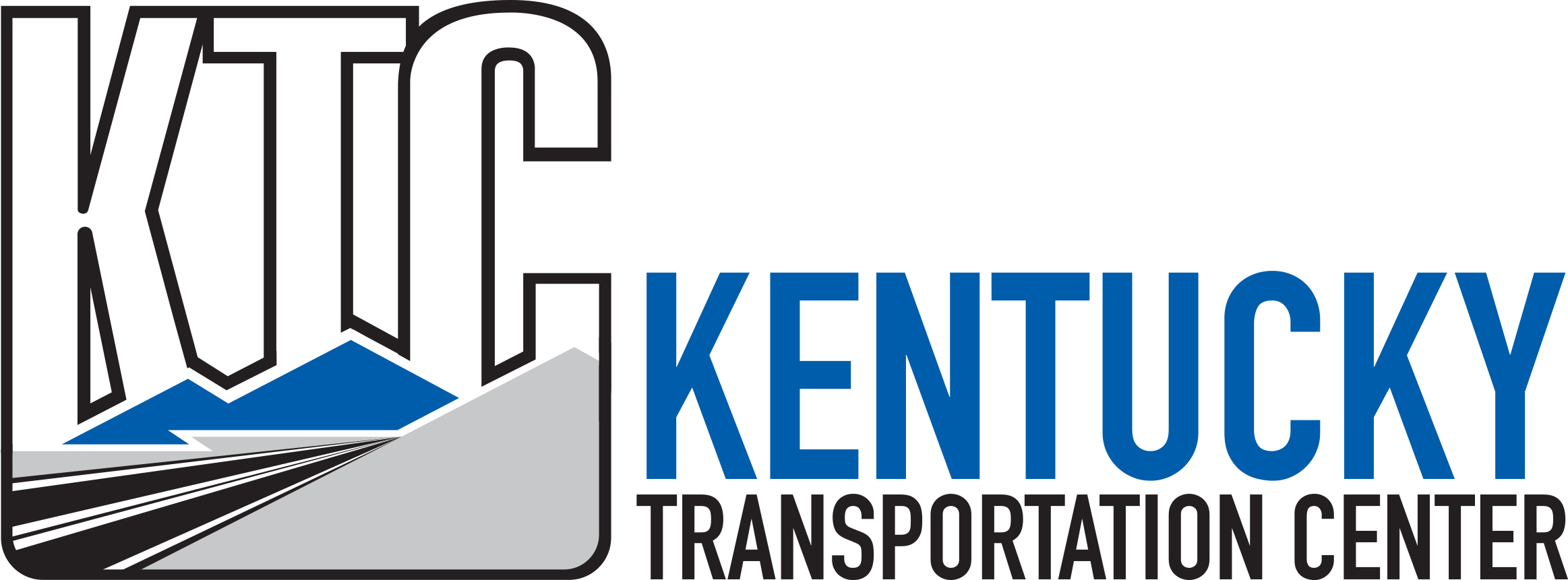Abstract
This study was undertaken in order to: 1) evaluate the performance of thermoplastic striping materials, 2) compare their performance on both portland cement concrete and bituminous concrete pavements to that of conventional traffic paints, and 3) to evaluate the economics of thermoplastics in terms of cost per mile per day of useful life. The performance of two brands of thermoplastic striping materials and conventional traffic paints applied at nine test sites in both rural and urban areas is reported herein. Application procedures, site locations, repair histories and materials specifications are included. Accumulative costs for each material at all sites for a seven-year period are summarized in Table 4.
The performance of thermoplastics placed on bituminous concrete was superior to that placed on portland cement concrete pavements. Epoxy primers were of aid in providing adherence of thermoplastics to portland cement concrete pavements; however, the epoxies were not capable of penetrating surface laitance. Visibility of the thermoplastic stripes decreased with age due to accumulation of road scum.
Report Date
2-1970
Report Number
No. 290
Digital Object Identifier
http://dx.doi.org/10.13023/KTC.RR.1970.290
Repository Citation
Rahal, Assaf S. and Hughes, Ronald D., "Final Performance Report on Experimental Use of Thermoplastic Pavement-Striping Materials" (1970). Kentucky Transportation Center Research Report. 961.
https://uknowledge.uky.edu/ktc_researchreports/961



Notes
The opinions, finding, and conclusions in this report are not necessarily those of the Department of Highways or Bureau of Public Roads.